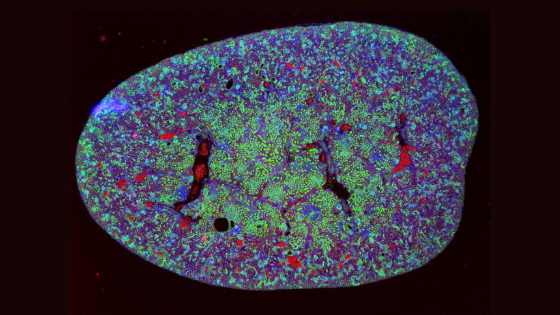Wissam Aboualaiwi, M.Sc., Ph.D., FAHA
 Professor
Professor
Department of Pharmacology and Experimental Therapeutics
University of Toledo College of Pharmacy and Pharmaceutical Sciences
Email: wissam.aboualaiwi@utoledo.edu
Educational Background
| Ph.D. in Biology with outstanding achievement | University of Toledo, 2007 |
| M.S. in Biology | American University of Beirut, Beirut, Lebanon, 2002 |
| M.S. in Biology (degree equivalent to U.S. M.S. in Biology & Teaching Diploma of Biology & Chemistry at secondary school level) | Lebanese University, Beirut, Lebanon, 2000 |
| T.S. in Medical Laboratory Technology | Institute of Medical Laboratory Technology, Beirut, Lebanon 1996 |
Research
 The AbouAlaiwi Lab studies the role of primary cilia in kidney, cardiovascular and
neurodegenerative disease. Polycystic kidney disease (PKD), affecting 1 in 500 individuals,
is the most commonly occurring genetic disease arising from dysfunction of primary
cilia (ciliopathy) due to mutations in Pkd1/2 genes encoding for polycystin-1 (PC1)
and -2 (PC2), respectively. Although PKD is a systemic disease hallmarked by fluid-filled
kidney cysts, cardiovascular complications are the leading cause of death among PKD
patients. PKD patients are more likely to develop hypertension and congestive heart
failure. A primary cilium is a mechanosensory organelle that extends from the apical
membrane of a cell to the lumen of blood vessels and kidney tubules. We and others
have independently studied abnormality in primary cilia, cell proliferation and polyploidy
in the vascular and renal systems in PKD. We propose cilia as a fluid sensory organelle
required for sensing fluid shear stress within the cardiovascular and renal systems.
The AbouAlaiwi Lab studies the role of primary cilia in kidney, cardiovascular and
neurodegenerative disease. Polycystic kidney disease (PKD), affecting 1 in 500 individuals,
is the most commonly occurring genetic disease arising from dysfunction of primary
cilia (ciliopathy) due to mutations in Pkd1/2 genes encoding for polycystin-1 (PC1)
and -2 (PC2), respectively. Although PKD is a systemic disease hallmarked by fluid-filled
kidney cysts, cardiovascular complications are the leading cause of death among PKD
patients. PKD patients are more likely to develop hypertension and congestive heart
failure. A primary cilium is a mechanosensory organelle that extends from the apical
membrane of a cell to the lumen of blood vessels and kidney tubules. We and others
have independently studied abnormality in primary cilia, cell proliferation and polyploidy
in the vascular and renal systems in PKD. We propose cilia as a fluid sensory organelle
required for sensing fluid shear stress within the cardiovascular and renal systems.



